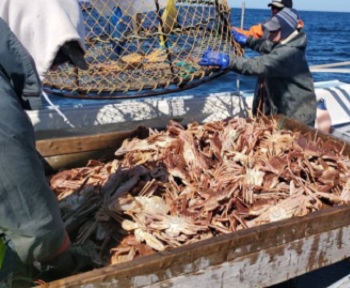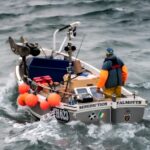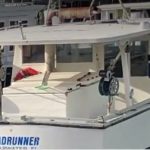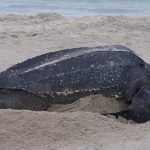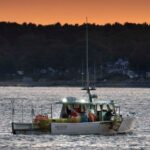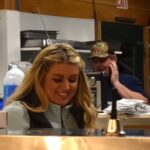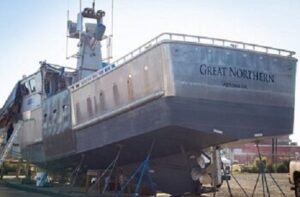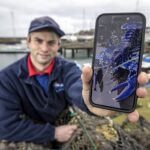Tag Archives: Newfoundland
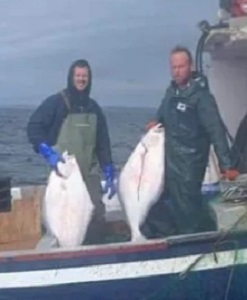
Search expert applauds provincewide push to keep looking for missing N.L. fishermen
A retired coast guard search and rescue coordinator says he’s impressed with the effort now going into the search for two fishers who went missing off the coast of Labrador last week. Merv Wiseman says the provincewide outpouring of support for the fishermen and their families is likely what pushed officials to bring in so many resources to keeping looking for the men and their vessel. Marc Russell and Joey Jenkins left the small Labrador community of Mary’s Harbour last Friday aboard the Island Lady fishing vessel and never returned home. >click to read< 13:03
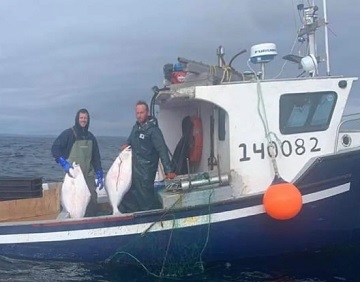
Search expands for missing Labrador fishermen, family and friends hold out hope
The search for Marc Russell and Joey Jenkins of Mary’s Harbour is now in its fifth day, with a large dive team from the RCMP’s underwater recovery team and Deer Lake ground search and rescue en route to the community Wednesday afternoon. The Ocean Seeker, a vessel equipped with advanced underwater imaging and owned by Kraken Robotics, has also been greenlighted to join the search and is on its way. “We were very proud yesterday after asking RCMP to to look into that asset, and last night it came true and they should be here tomorrow,” said Dwight Russell, Marc Russell’s father. >click to read< 15:55

Search resumes for missing Mary’s Harbour fishermen with Canadian Armed Forces, Coast Guard
The search for two missing fishermen from Mary’s Harbour has resumed with the help of the Canadian Armed Forces and the coast guard Monday, after the official search off the coast of southern Labrador was called off Sunday night. The JRCC tweeted around 9 p.m. Sunday that it had suspended the search for the Island Lady,,, Dwight Russell told CBC News on Monday morning his family was told the news around 7 p.m Sunday. After that call, he and his family pressed federal departments like the office of the prime minister, he said, and had been promised the search would resume. But come Monday morning and that promise “has not materialized,,, >click to read< 14:25
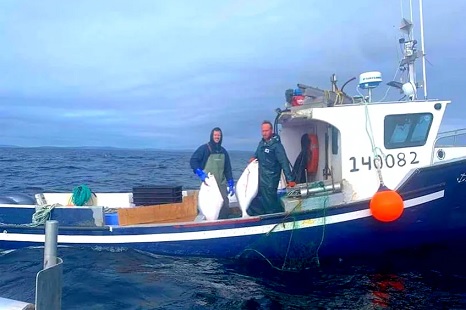
‘Our boys deserve more time’ – “This is unacceptable! This is absolutely the wrong decision! It is too soon!”
The father of one of the two men aboard a fishing vessel lost in waters off southern Labrador is appealing to the Canadian Coast Guard to reverse its decision to change its mission from one of search and rescue to recovery. Local fishermen began the search, which was later joined by the Coast Guard and aircraft at the direction of the Joint Rescue Coordination Centre (JRCC) in Halifax.,, Dwight Russell said the family learned of Coast Guard’s plans Sunday evening. “But as I write this, the Coast Guard has informed our families that they are pulling out and changing the mission from search & rescue to recovery, and operational control will be turned over to the RCMP. >click to read< 08:36

Search for Mary’s Harbour fishermen enters 2nd day as N.L. communities hold vigils overnight
The fishermen, Marc Russell and Joey Jenkins, were expected to land in Mary’s Harbour around 5:00 p.m. on Friday. Local fishing crews began the search that evening. The JRCC and the Canadian Coast Guard joined later that night after picking up radio chatter from the ongoing search,,, the provincial government and a significant number of local vessels have also aided in the search, which has greatly enhanced searching capabilities. Several vessels were on the water Saturday evening after Dwight Russell, Marc Russell’s father, made a call to fishers in the area to aid in the search. >photos, click to read< 13:21
Search underway for missing fishers off Mary’s Harbour – The father of a fisherman missing at sea is asking boats from Southern Labrador and Northern Newfoundland to join the search effort for his son and a second crew member. The two-person crew aboard Island Lady was expected to land in Mary’s Harbour around 5:00 p.m. on Friday. >click to read< 17:22
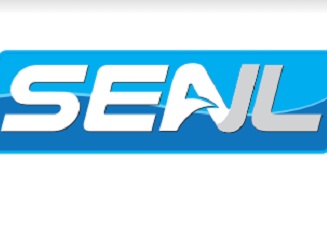
DFO and fishing vessel safety – A Damning Indictment of its safety culture
Fisheries and Oceans’ decision not to extend the halibut fishery in the Gulf of St. Lawrence for the province’s inshore harvesters who didn’t catch their quotas due to poor weather is a damning incitement of its safety culture, says Merv Wiseman, an outspoken search and rescue advocate. “DFO is telling fishermen if you don’t go to sea because of bad weather you’re going to lose your fish,”,,, “Putting extra pressure on fishermen to make decisions contrary to safety is a recipe for disaster that we’ve seen play out too many times.” A Transportation Safety Board report into the 2016 drowning of four Shea Heights fishermen found they took a risk in going out in questionable weather in order to land their weekly cod quota, and to recover fishing gear before deadline. >click to read< 07:34
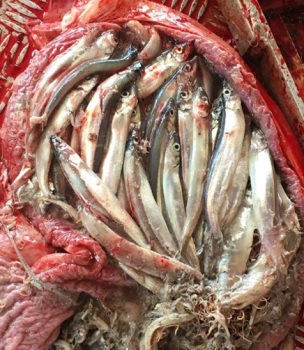
5 miles of seals: Newfoundland fisherman’s video fires up more debate about pinnipeds
Fisherman Jason Branton was steaming home after a crab fishing trip a week ago when he saw something he’d never witnessed before. The 45-ft longliner Gracie’s Adventure was about 60 miles out from Baccalieu Island, in Trinity Bay, on May 30 when Branton and the crew noticed seals all around them. They had encountered a large herd of seals, a patch about five miles wide,, adding this is also the time when capelin begin migrating inshore. Branton and his crew rely mainly on crab, capelin and cod for their fishing income. The question of the impact of seals on fish and shellfish stocks has been debated for years and become more heated in recent years,,, video, >click to read< 10:23

Operation Roll Call: Royal Canadian Legion hopes to connect all remaining WW II vets in N.L.
Eight decades after the Second World War was in full force, how many veterans of that conflict are left in Newfoundland and Labrador, and how do we best make use of the time left with them? Those are questions that Jenn Deon hopes to tackle this summer. Deon, volunteer secretary for the Royal Canadian Legion’s Branch 56, in the Pleasantville neighbourhood of St. John’s, is overseeing Operation Roll Call, a project to contact all remaining veterans, whether members of the legion or not. >click to read< 10:41
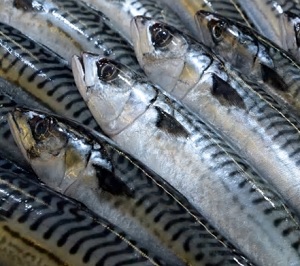
Canada cuts Atlantic mackerel quota in half to ‘rebuild stock’, to be released in two phases to ensure access
Canada has slashed the quota in half for Atlantic mackerel, from 8,000 tonnes last year to 4,000 tonnes this year. “This is a difficult decision that has economic impacts on commercial harvesters and their communities, but the science is clear: stronger actions need to be taken to rebuild the Atlantic mackerel stock,” said Federal Fisheries and Oceans Minister Bernadette Jordan in a news release Friday. That will help ensure fishermen in Newfoundland, where mackerel arrive later in the year, get access to some quota. >click to read< 08:03
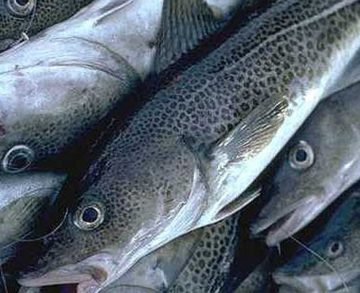
Fishermen should be listened to
It’s a typical story of David versus Goliath,,, That appears to be the case as prawn fishers on the Island take a stand against what looks to me to be an arbitrary and bureaucratic decision by the Department of Fisheries and Oceans Canada to change regulations regarding the harvesting of spot prawns, which now makes the sale of frozen-at-sea spot prawns illegal. Thanks to the efforts of many, has agreed to conduct an emergency review of 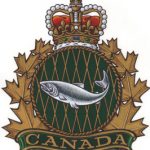 the regulations and, hopefully, common sense will prevail and the new rules will be reversed. Unfortunately, that kind of common sense just didn’t appear to exist in DFO when the northern cod stocks collapsed off Canada’s east coast in the early 1990s. >click to read< 07:25
the regulations and, hopefully, common sense will prevail and the new rules will be reversed. Unfortunately, that kind of common sense just didn’t appear to exist in DFO when the northern cod stocks collapsed off Canada’s east coast in the early 1990s. >click to read< 07:25
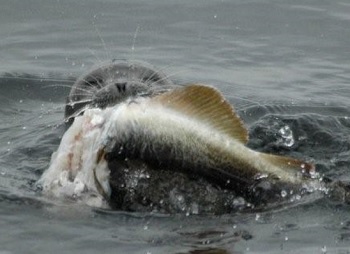
Newfoundland: A Discussion of the Impact of Seals on Cod Stocks
Those in the industry feel more needs to be done to track the impact seal predation is having on cod stocks in the province. The latest DFO modelling shows 3Ps cod deep in the critical zone, prompting meagre quotas to be cut in half.,, “Most fear if we don’t do anything” Sullivan says, “it’ll be the story of what’s going on with the neighbouring cod stock.” He says scientists working in the Gulf of St. Lawrence noted a few years ago that fishing or no fishing, seals were going to devour all the cod and the species could become extinct. >click to read< 09:10
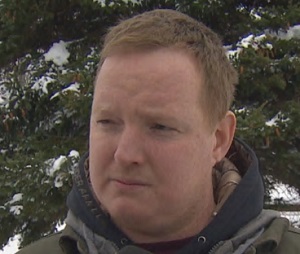
DFO’s ‘who’s on board’ policy – Bay Bulls harvester not on board!
“On Wednesday, an e-mail came out from DFO saying that as of April 1, this new crew list requirement would come into place, and they outlined what you needed to record,” said harvester Jason Sullivan of Bay Bulls. As per those new requirements, records of who is aboard the boat for each trip would need to be kept on file for five years. As part of the bookkeeping, a Fisher Identification Number (FIN) or Provincial Fisher’s Certificate would need to be recorded for everyone on board. But, according to Sullivan, not everyone may be able to obtain one of those numbers. >click to read< 09:01
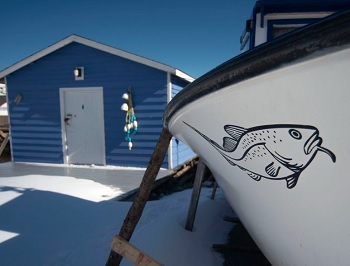
Nearly 30 years into the moratorium, Newfoundlanders look for ways to rebuild Cod
Atlantic cod, the species better known by its population name, Northern cod, is the fish of choice for Newfoundlanders and Labradorians. On a day spent handlining cod on the North Atlantic off of Petty Harbour-Maddox Cove, a centuries-old fishing community just outside of St. John’s, it can be easy to forget cod has a storied history – and a still uncertain future. Northern cod survived near-decimation from overfishing three decades ago, leading the federal department of Fisheries and Oceans Canada (DFO) to shutter the commercial cod fishery in 1992. Meant to last two years, the cod moratorium remains in effect, although DFO reopened an inshore commercial fishery, called the “stewardship fishery,” in 2006. >click to read< 11:00
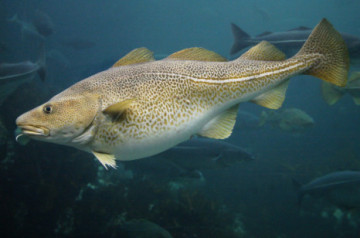
Fishing Industry reps withdraw from Canada-France meetings after DFO recommends 3Ps cod moratorium
Canada and France began negotiations today, March 23, to decide who can fish for what on the south coast of Newfoundland but representatives from the fishing industry won’t be there. Atlantic Groundfish Council, Fish Food and Allied Workers, and Association of Seafood Producers have all announced they will withdraw from the bilateral meetings to determine quotas in protest over Canada’s intent to place a moratorium on cod in the 3Ps zone. The decision to withdraw comes after the industry learned late Friday,,, >click to read< 17:56
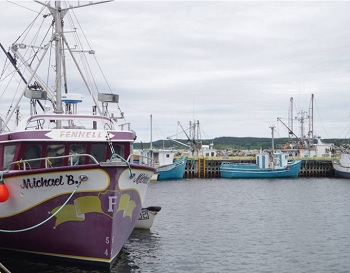
A heritage plundered and abandoned – 70 years of complicity from Canadian governments
My Feb. 20 letter to the editor, “A heritage plundered and abandoned,” attempted to show how governments have allowed our fishing industry to be destroyed, because an armada of modern foreign fishing fleets were permitted unregulated access to the Grand Banks.,, One insightful response to the letter was, “we can write letters until ‘we are blue in the face,’ but nothing will happen, nobody listens or shows interest.”,,, Our house is burning, and we are caught inside. By Phil Earle, >click to read< 10:37
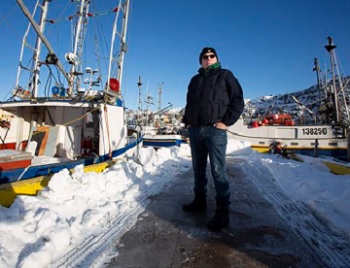
Is politics getting in the way of rebuilding a sustainable fishery in Newfoundland?
The sentinel program, created after the cod moratorium in 1992 to monitor fish populations, is run exclusively by the Fish Food & Allied Workers, the powerful union that represents around 15,000 fishermen, fish plant employees and other workers in the province. DFO relies on data from the sentinel fishery to help assess fish stocks, and has paid the union millions to run the program. “The FFAW and the DFO are cheating the fishermen out of a resource that belongs to the people of Newfoundland,” said Jason Bateman, a former enforcement officer with DFO. Ryan Cleary, a former member of Parliament for St. John’s-Mount Pearl and an outspoken critic of the FFAW, said the union has found a way to prosper since the collapse of cod by integrating itself into fisheries management, acting almost as a regulator, while becoming a vocal industry voice that contradicts science. >click to read< 17:55
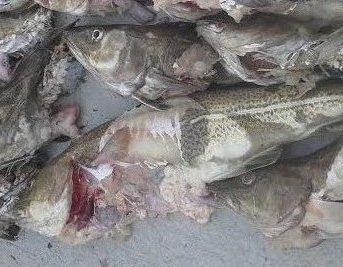
Fisheries Advocate Calling for Independent Task Force to Help Rebuild Industry
Gus Etchegary’s involvement in the Newfoundland fishing industry predates Confederation, he’s now with the Fishery Community Alliance.,, Etchegary indicates more needs to be done nearly three decades since the commercial cod moratorium. Etchegary says an independent assessment of stocks needs to be carried out and consideration has to be given to seal predation, threats to the caplin stock and joint management. >click to read< 09:12
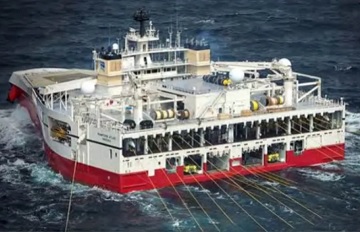
Scientists cast doubt on seismic testing environmental mitigations in N.L.’s offshore
Jack Lawson spent part of this past summer listening for whales around Newfoundland, using recorders moored underwater to track their movements and hear what man-made sounds they may encounter. “All you can hear 24 hours a day, for months on end, every 10 seconds is the boom of a seismic array going off at various distances from our acoustic receivers, and this has made it very hard for us to detect some species, The guns make it hard for Lawson and his team’s recorders, with the technology confusing the pulsing calls of right whales with seismic activity in the distance, DFO scientists thought they’d recorded tens of thousands of instances of right whale calls in the Flemish Pass in 2019, Lawson said. “[But] when we actually went through and manually reviewed these, none of them turned out to be real.” >click to read< 10:41
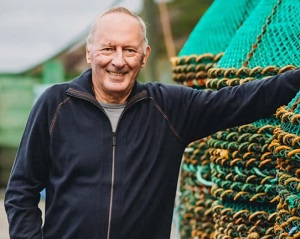
Memorial service held for Petty Harbour Fishermen’s Co-operative founder Tom Best
Nearly four months after his passing, family and friends of Petty Harbour Fishermen’s Co-operative founder Tom Best honoured his life and legacy Saturday, amid the coronavirus pandemic. Best passed away on March 31 after a battle with cancer. He was 74. After a memorial service, Best’s brother Reg carried his ashes down Southside Road from St. George’s Anglican Church to the co-operative, which Best helped establish. His obituary describes him as a “fiercely proud inshore fish harvester who dedicated his life’s work to advocating for sustainable fisheries and communities.” >click to read< 17:29

Prince Charles, sea lice, & why salmon farming sucks – Norwegian investors hope to delouse the salmon industry with new facility in Maryland
Business media worldwide have for weeks failed to mention that fact in amplifying a July 7, 2020 announcement that the Norwegian firm AquaCon plans to build a $300 million land-based salmon farm on the eastern shore of Chesapeake Bay. Sea pen salmon farms have worn out their nets, welcome, and often their investment return ratios from Puget Sound to coastal Scotland and Scandinavia. Factory-farming salmon in land-based tanks promises to avoid some of the issues afflicting the aquaculture industry. Land-based salmon farms, for instance, may be better able than sea pen farms to control the disease outbreaks and pollution that have become hallmarks of the land-based salmon industry. >click to read< 13:01
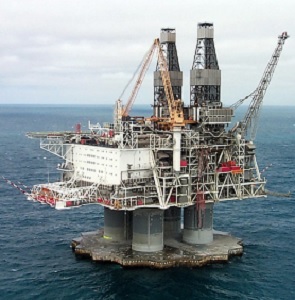
Drilling fluid spill from Hibernia platform shuts down production
Newfoundland and Labrador’s offshore regulatory board is reporting a spill of drilling and production fluid from the Hibernia platform during well operations on Sunday, leading to an immediate shutdown of production. The Canada-Newfoundland and Labrador Offshore Petroleum Board said the spill was reported Monday by the Hibernia Management and Development Company after water sampling indicated an “exceedance of produced water discharge.” Produced water is a mixture of seawater from the reservoir, used in injection, with drilling and production fluids for normal production operations, according to a press release from the C-NLOPB. >click to read< 16:49
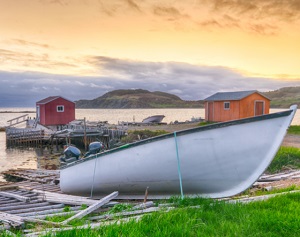
Resource Rich: Are You Sick of Being the HAVE NOT Province?
Newfoundland outports began as an act of defiance against the British rule. People moved to the coves and coasts, which are now more unique than anything I have seen in the world. We opted for a life of self rule and governance. A way of life that we chose rather than what could have been inflicted on us. We weren’t accepting the status quo back then. It’s time we rise and defy the status quo once again. Closing the fishery, three decades ago, meant 31,000 people out of work, overnight. That was the greatest devastation of all time to this province. It was a blow of massive proportion. So profound in fact, that we are still not over it. That’s about to happen again with our oil industry if we don’t take action now. >click to read< 12:50
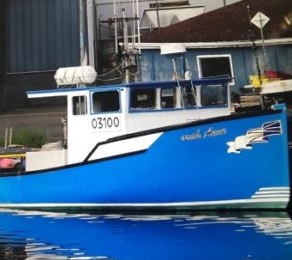
RCMP confims identification of the body found on Placentia Bay beach as Fisherman Isaac Kettle
The body recovered from a beach in Placentia Bay over the weekend is that of Isaac Kettle, a crew member of the Sarah Anne, which was lost at sea late last month. The RCMP confirmed the identification late Monday afternoon. Lobster fishermen on Saturday found a body in the area of Doughboy Cove, east of Arnold’s Cove, according to police. Police said at the time they had been in communication with the family of Kettle, who was one of four crew members who did not return to St. Lawrence after heading out to fish crab on the morning of May 25. The bodies of Edward Norman, 67; his son, Scott Norman, 35; and his nephew, Jody Norman, 42, were recovered the following day. >click to read< 16:59
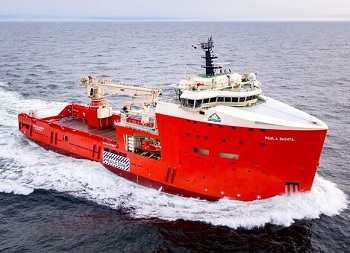
Leaving as soon as possible – Oil supply ship to resume search for missing fishing boat off St. Lawrence
MHA Carol Anne Haley says the province has secured a vessel to continue the search for the Sarah Anne, a fishing vessel that went missing off the coast of St. Lawrence last week. Haley, the member for Burin-Grand Bank, said she and the premier have worked to engage the Paul A. Sacuta, a supply vessel for the offshore oil industry, to help continue the search for Issac Kettle. Kettle is the lone crew member of the Sarah Anne who has not been found. The Sarah Anne, along with it’s four crew members, did not return to St. Lawrence after leaving to fish crab Monday morning. >click to read< 16:34
F/V Sarah Anne: The deadly, relentless sea reminds us of the steep cost of fishing
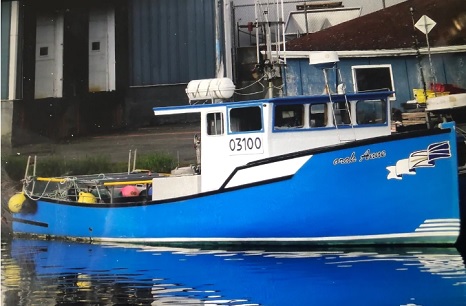 I’ve long wondered how many people in North America, as they peruse the offerings at their supermarkets, specialty stores and menus, ever give much thought to the unseen, human cost behind their tasty seafood. Those who live close to the ocean know too well the perils that come with fishing. Those who don’t may never know. This week, Newfoundland and Labrador felt that chill as St. Lawrence became the focus of a story that is both sadly and terrifyingly familiar. The Sarah Anne, a fishing boat with four men aboard, did not come back as expected Monday night with a load of crab, and indeed never came home at all. By John Gushue >click to read< 08:50
I’ve long wondered how many people in North America, as they peruse the offerings at their supermarkets, specialty stores and menus, ever give much thought to the unseen, human cost behind their tasty seafood. Those who live close to the ocean know too well the perils that come with fishing. Those who don’t may never know. This week, Newfoundland and Labrador felt that chill as St. Lawrence became the focus of a story that is both sadly and terrifyingly familiar. The Sarah Anne, a fishing boat with four men aboard, did not come back as expected Monday night with a load of crab, and indeed never came home at all. By John Gushue >click to read< 08:50
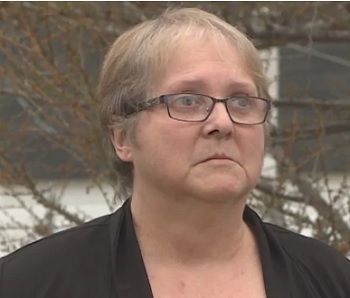
Despite mother’s pleas, search efforts are over for missing St. Lawrence fisherman
After the deaths of three fishermen at sea, the southern Newfoundland town of St. Lawrence is in shock, while the mother of a missing fourth man is pleading with officials to continue a search for her son. The search for family friend Isaac Kettle ended 8:45 p.m. Wednesday night. But Kettle’s mother, Aundriette Kettle, said Thursday she wants extra equipment to find and raise the Sarah Anne from the ocean, as she believes her son’s body is still on the vessel. “Them other bodies were found, [but] my son is on that boat. He needs to be brought up, they [need] to get cameras, things like that, on that ocean to bring him up,” Kettle said. “Isaac needs to be home to us, his family.” >click to read< 14:32
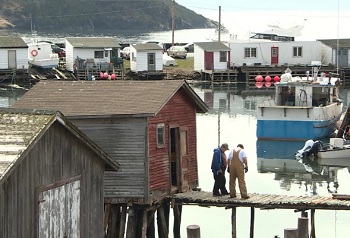
Fishermen lost off St. Lawrence remembered as ‘the finest kind of people’
Family and friends of three fishermen whose bodies were recovered off the coast of St. Lawrence, and one still missing at sea, are remembering them as kind and hard-working people. The search for family friend Isaac Kettle, believed to be in his early 30s, will end at 8:45 p.m. NT, according to the coast guard. All four men went missing in the mouth of Placentia Bay, off the southeast coast of Newfoundland,,, When they were not back before 8 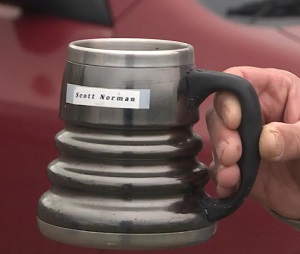 p.m. that evening, a search and rescue mission began and the Canadian Coast Guard was called.,, Eric Reeves, a fisherman of 30 years, joined in the search for his friends. Around 7:30 a.m. Tuesday, he said, he found some items from the boat floating in the water. “We found a coffee mug belong to the skipper’s son and his name was wrote on it, and then we knew there was some tragedy happened,” said Reeves. “When you find something that you don’t want to find, I’ll tell ya, it’s heartbreaking.” >click to read< 18:13
p.m. that evening, a search and rescue mission began and the Canadian Coast Guard was called.,, Eric Reeves, a fisherman of 30 years, joined in the search for his friends. Around 7:30 a.m. Tuesday, he said, he found some items from the boat floating in the water. “We found a coffee mug belong to the skipper’s son and his name was wrote on it, and then we knew there was some tragedy happened,” said Reeves. “When you find something that you don’t want to find, I’ll tell ya, it’s heartbreaking.” >click to read< 18:13
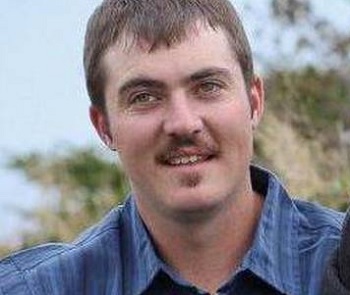
St. Lawrence family, residents devastated by deaths of well known fishermen whom perished at sea
Eileen Norman broke down in tears as she spoke about the three St. Lawrence men, her family members who perished at sea. She was referring to her brother-in-law, Ed Norman, 67, his son Scott Norman, 35, and his nephew Jody Norman, 42, whose bodies were recovered Tuesday morning from the frigid waters off the coast of the Burin Peninsula on the province’s south coast. As of The Telegram’s deadline, one man was still missing, Isaac Kettle, who is said to be in his early 30s. The four men left St. Lawrence in Ed Norman’s 36-foot fishing vessel, Sara Anne, about 12:30 a.m. Monday to go crab fishing, Eileen Norman said. >click to read< 09:25
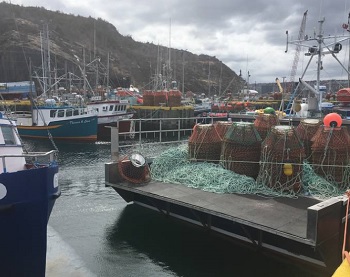
Coronavirus: A fisherman’s daughter’s perspective
I am a fisherman’s daughter who is very aware of the beauty and the dangers of the ocean. Fishing isn’t for everyone — it is a physical, dangerous, high-risk profession in which generations of fishers have gone out on the water and, all too often, not come home. The fishery is one of Newfoundland and Labrador’s many highly dependent resource sectors employing thousands of people directly and indirectly. This year the obstacles facing this sector are beyond what any industry should have to deal with on their own. Since mid-March, fish harvesters were deeply concerned about the potential impact of COVID-19. Safety was and continues to be top priority as it is impossible to social distance while working in a fishing boat. Meagan Careen, St. Bride’s>click to read< 17:12






